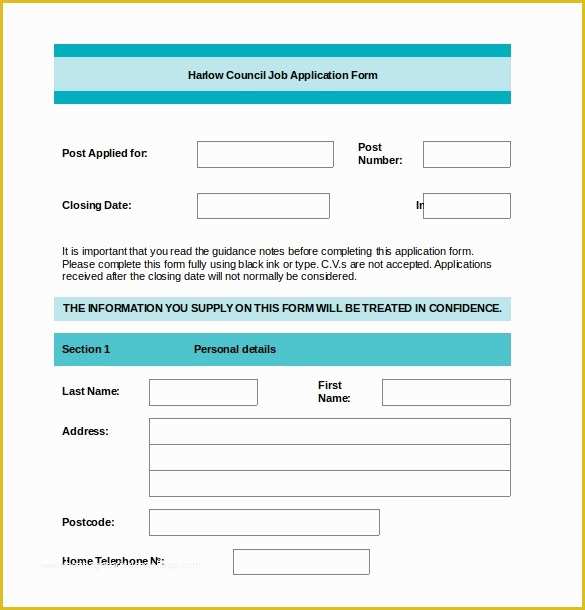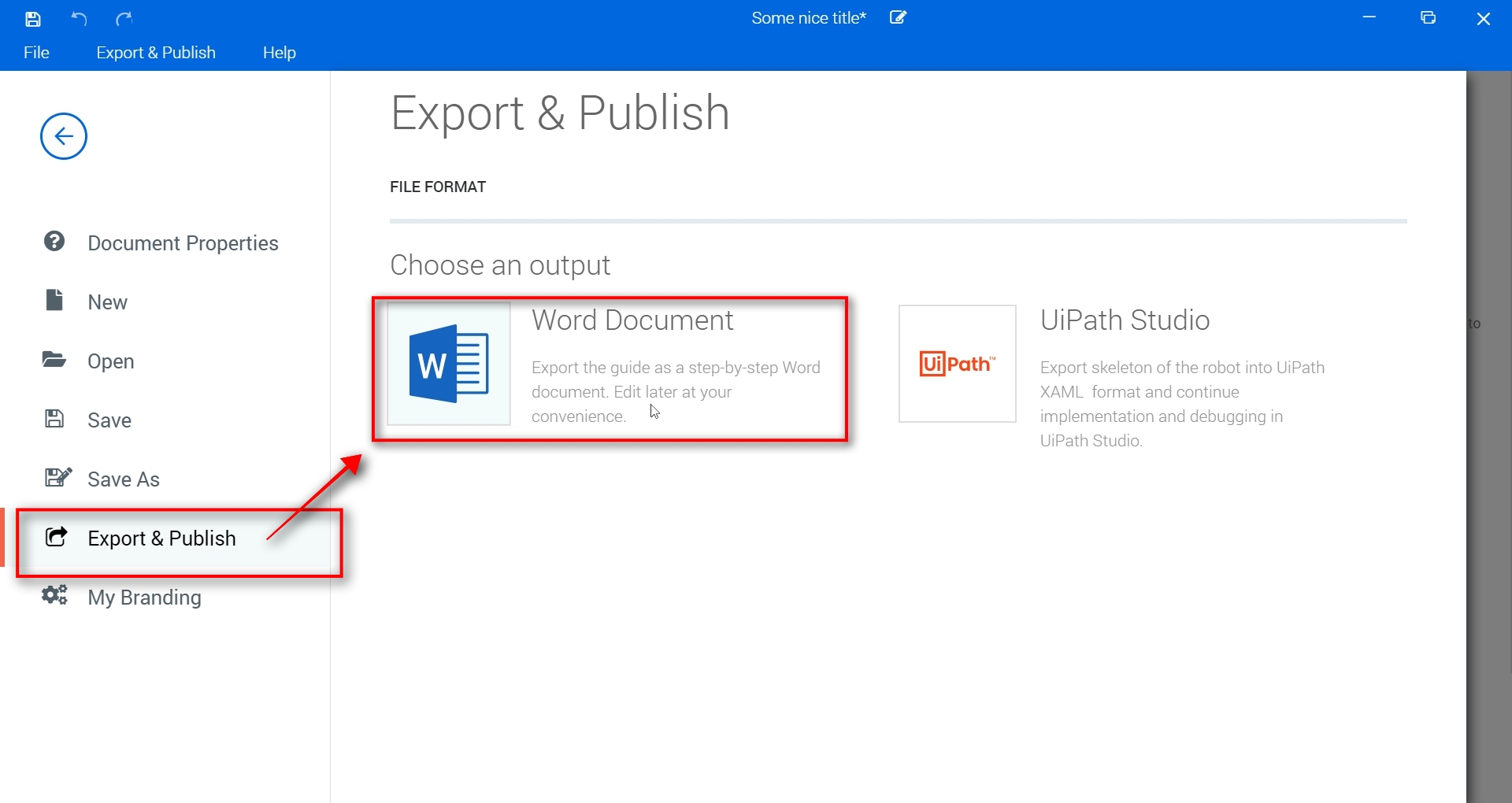
You can even work with more niche applications. Office for the web offers online versions of Word, Excel, PowerPoint, OneNote, Outlook, OneDrive, Skype, Calendar, and People. However, if all you need are the basics, this is an option worth trying. You'll find all the standard editing and formatting commands, and some additional features, but not much more. Office for the web isn't as feature-packed as its desktop counterpart. And rather than store your files and documents on your computer, you save them to Microsoft OneDrive, the company's cloud-based storage service. Instead of installing Word, Excel, and PowerPoint on your computer, you use free, cloud-based versions of these programs, similar to Google Docs. If you want to use Microsoft Office but don't want to pay for it, why not try the free Office for the web? Formerly known as Office Online and now known simply as Office, the web-based apps reside online, accessible through your browser.

But if you want a long-term (free) solution to opening and editing Word documents on a desktop device, either word processor should cut it.


LibreOffice does take the edge over OpenOffice with better features and a faster update cycle. To make matters better, the OpenOffice Writer and LibreOffice Writer programs in each suite support the DOC and DOCX formats, so you can open and edit any Word document easily. OpenOffice or LibreOfficeīoth OpenOffice and LibreOffice are two free open-source alternatives to Microsoft Office. However, if all you want is to read through a DOCX file with zero formatting errors, then installing Word Mobile is an excellent choice. The app also lets you edit files as long as you pay for an Office 365 subscription.


 0 kommentar(er)
0 kommentar(er)
